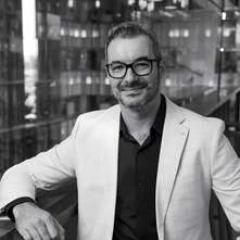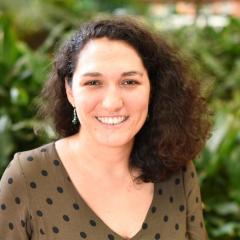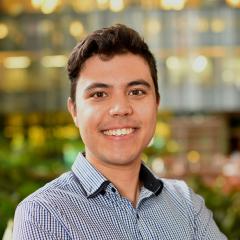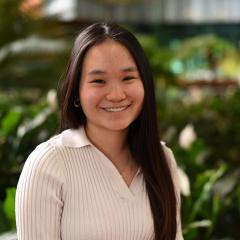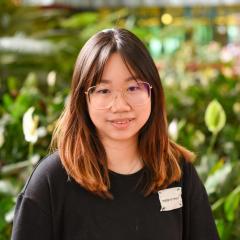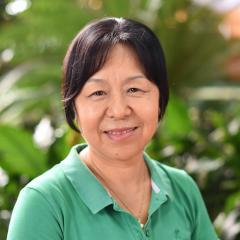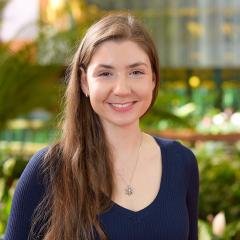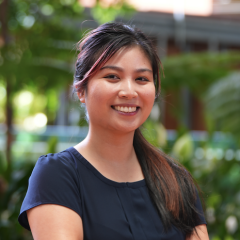Guimaraes Group - Translational innate immunotherapy
The main focus of our research is to elucidate the cellular signals that regulate the ability of our immune system to control diseases such as cancer and inflammatory diseases.
We have made important contributions to immunology research including the interaction of immune cells with the infectious- or tumour-derived immunosuppressive microenvironment and identification of factors that regulate immunity responses.
Our goal is to identify new regulatory elements that prevent the immune system, particularly natural killer (NK) lymphocytes, from controlling disease progression. Our work spans the broad areas of cell signalling, immunotherapy, and inflammation, among others.
We envision awakening the cure inside us, aiming to discover how to activate and maximise immunological responses, using the patient’s own immune system.
Thanks to our funding, our most recent achievements elucidated the relative contribution of different immunosuppressive factors in regulating NK cell function (among other immune cell subsets) during homeostasis and disease.
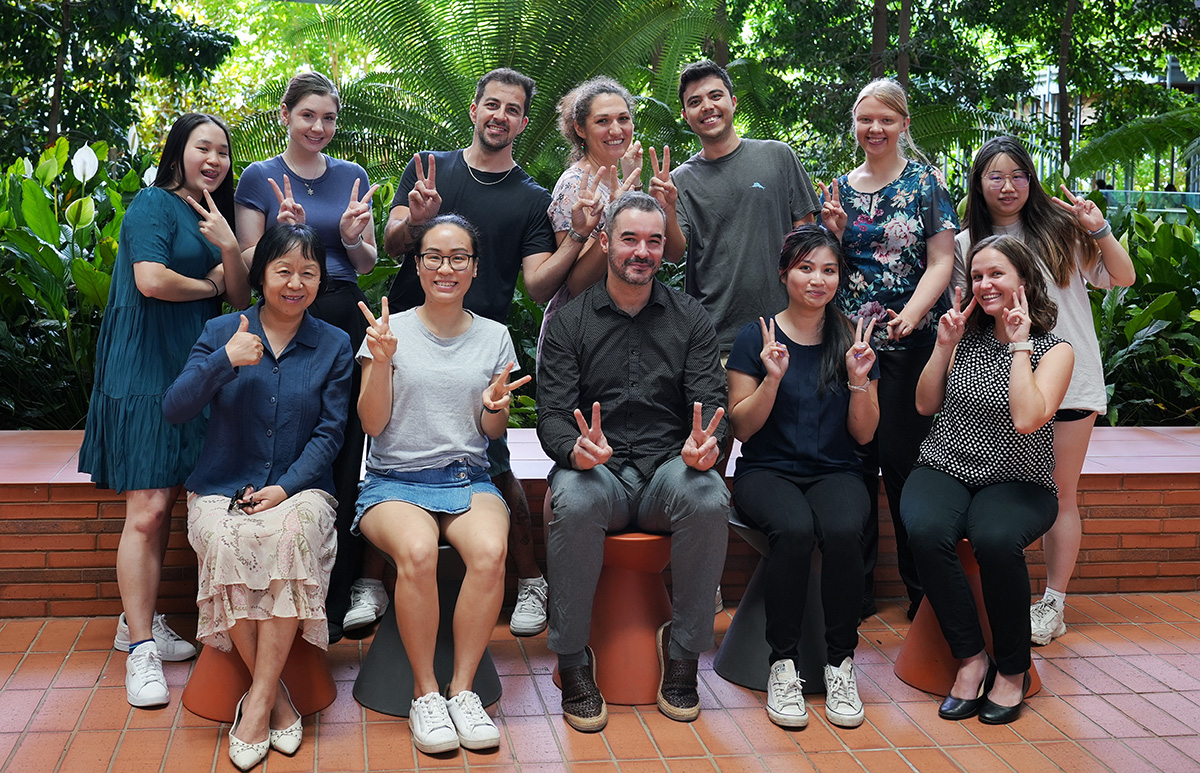
Alumni
Dr Michael Lin
Current affiliation: Walter and Eliza Hall Institute
Hannah Tompkins (Hons 1st class)
Current affiliation: BASE mRNA Facility
Maria Victorova (Hons 1st class)
Current affiliation: BASE mRNA Facility
Bronte Ruegg (Hons 1st class)
Current affiliation: VAXXAS
Dr. Gustavo Rossi
Current affiliation: Australian Red Cross - Lifeblood
Our projects use a multidisciplinary approach, bringing together contemporary techniques in cancer biology, cellular and molecular biology, pharmacology, proteomics and immunology/immunotherapy. We use cutting edge models to: mimic disease, validate our discoveries, elucidate mechanisms of action and tailor novel therapeutic approaches. Our research elucidates the cellular signalling and mechanisms regulating innate lymphocytes, and seeks to use this knowledge to develop novel therapeutic interventions for different diseases
Our current research projects aim to:
- Use compuational and system biology to identify new regulatory elements in cellular signalling of immune cells
- Identify and understand novel immune checkpoints
- Tailor immunotherapies to modulate immune responses in cancer and inflammatory diseases.
- Development of personalized engineered immunocellular therapies
Student projects
We have research interests in, but are not restricted to:
- Systems biology to identify new regulatory elements in cellular signalling of immune cells
- Identifying and understanding novel immune checkpoints
- Tailoring immunotherapies to modulate immune responses in cancer and inflammatory diseases
- Development of novel pre-clinical models to mimic and study novel therapeutic targets for human disease
We have collaborated with various academic research groups, clinicians, and industry partners within our large collaborative network in Australia and overseas on a variety of basic or translational research projects. We have received funding from Cure Cancer Australia (who awarded Dr Guimaraes as the 2019 Researcher of the Year), Innovation Connections, NBCF, NHMRC, and WEWC.
Funding
We have proudly received funding from:
- Australian and New Zealand Sarcoma Association
- Brazil CAPES/PrInt Program
- Congressionally Directed Medical Research Program (USA)
- National Health and Medical Research Council
- National Breast Cancer Foundation
- Innovation Connections
- Cancer Australia
- Therapeutic Innovation Australia
View a full list of Dr Guimaraes' grants (administered at UQ) via his UQ research profile.
Collaborators
We have collaborations and support of scientist from the follow institutions:
A*STAR (Singapore), CIML (France), CRCL (France), Keio University (Japan), Institute Pasteur (France), Mater Research (Australia), MSKCC (USA), Monash University (Australia), ONJCC (Australia), Royal Melbourne Hospital (Australia), Shanghai Institute of Immunology (China) Thomas Jefferson University (USA),VCCC (Australia), WEHI (Australia), UFPR (Brazil), Unicamp (Brazil), University of Hong Kong (Hong Kong), University of Melbourne (Australia).
News articles:
- UQ News - New treatment hope for childhood cancers
- Hippocratic post article - New treatment hope for childhood cancers
- Morung Express - Australian research offers new treatment
- UQ News - Study reveals how COVID-19 damages heart
- Benchside story - Next generation NK cell-based immunotherapies for heard to treat cancers
- 2020 Tall Poppy Award - AIPS and Cantoo
- Interview to ASI as new ASI Special Interest Group Coordinator
- Interview to CCA for Breast Cancer Research Grant
- Strengthening immunotherapy to fight melanoma (Cure Cancer)
- 2019 Researcher of the Year (Cure Cancer)
Dr Guimaraes' interviews in Brazil:
- https://www.youtube.com/watch?v=fIR7HJwEIFs
- https://www.youtube.com/watch?v=O7jCusv1Av8
- http://www.pgbiocel.ufpr.br/portal/news-and-videos/
Connect with Dr Guimaraes:
LinkedIn - Fernando Guimaraes
X - @fer_NK_nando

